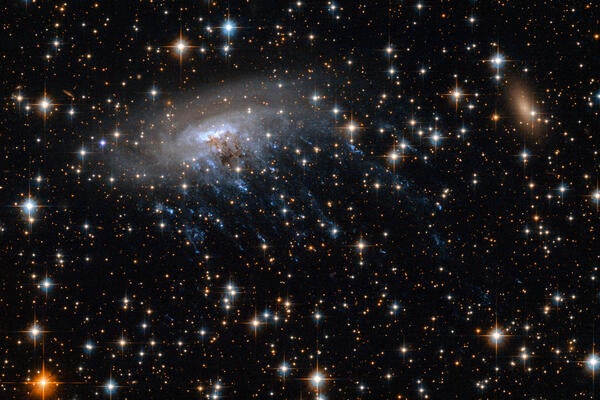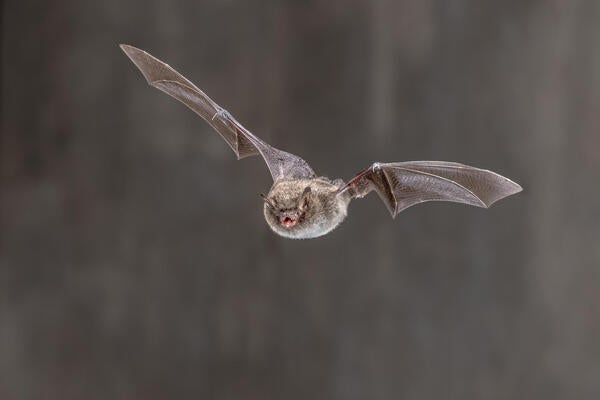The Canadian Space Agency (CSA) announced yesterday that it has delivered its hardware contribution to the mission scheduled to launch in early 2016.
ASTRO-H marks the first time Canada is part of an x-ray astronomy mission. The science working group will design the observatory’s science plan while also receiving privileged access to the proprietary data during the first year of operations. McNamara will specifically study the effects of black holes on emergent galaxies.
“This is a fantastic opportunity for Canada and Canadian astronomers,” said McNamara a professor in the Department of Physics and Astronomy, who also holds a University Research Chair in Astrophysics.
The telescope is designed to explore mysterious phenomena in unprecedented detail, such as black holes and their role in forming galaxies like our own Milky Way. It includes one of the most sensitive spectrometers aboard any orbiting x-ray observatory to date.
X-ray telescopes offer an advantage over visible and radio-wave telescopes in that they can detect high-energy phenomena such as the radiation emitted by super hot gases travelling in the vicinity of a black hole. The black hole’s intense gravity causes these gases to reach velocities nearly the speed of light. When that happens, the gases emit radiation in the x-ray range.
“X-ray telescopes are the perfect black hole detectors,” said McNamara.
McNamara will be looking specifically at the speeds these gases are travelling to understand the energy generated by some of the most massive black holes in existence, including the one at the centre of our galaxy.
The vast majority of mass that accelerates towards a black hole is expelled back into space. The power needed to do this is enormous and may govern how galaxies form. According to McNamara, this x-ray telescope will allow us to observe this energy emission directly.
“Black holes are the most efficient power generators in the Universe,” said McNamara. “In fact, we think they [black holes] exist in the centres of all massive galaxies.”
Canada’s scientific participation was arranged in return for CSA providing the critical Canadian ASTRO-H Metrology system (CAMS), an innovative measurement system for the observatory’s hard x-ray telescopes.
Joining McNamara are astronomers Dr. Luigi Gallo of Saint Mary’s University, who will lead Canada’s science team, and Dr. Samar Safi Harb of the University of Manitoba.
McNamara is also an affiliate member of the Perimeter Institute and Director of the Guelph-Waterloo Physics Institute.








